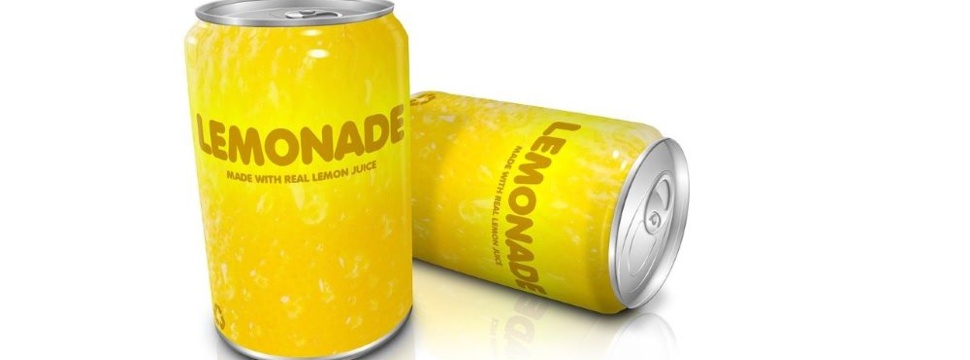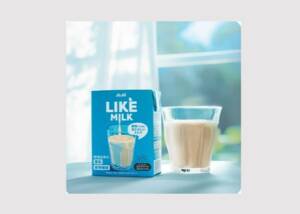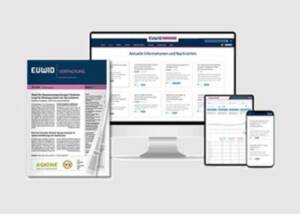Minimum sugar content for soft drinks overturned
News General news
In future, soft drinks with less than seven per cent sugar may also be called soft drinks. The German Food Codex Commission (DLMBK) has overturned the previous rule that lemonades must contain at least seven per cent sugar and has weakened its guidelines for soft drinks.

This puts an end to more than five years of dispute over the minimum sugar content. According to an announcement in the Federal Gazette, soft drinks must now only contain "ingredients to achieve a sweet flavour (e.g. types of sugar, sweeteners)". How much now remains open.
The years-long dispute was triggered by the Hamburg-based drinks manufacturer Lemonaid, whose organic lemonade with a sugar content of six per cent was not sweet enough in the opinion of food inspectors and should therefore not be sold as such.
This would only be possible if the manufacturer renamed its trendy drink or added more sugar, the Hamburg-Mitte district office demanded in a reminder notice in 2019.
The company defended itself against this. It was supported by the Hamburg health authority, which stated at the time: "Food with little sugar should not be penalised, but should be the norm." The lemonade continued to be sold during the dispute.
Lemonaid Managing Director Paul Bethke told Stern that he was very pleased about the change to the guiding principles, but also added: "Of course, it's a bit weird that it took five years."
The Food Code is not a law, but stakeholders generally adhere to it. The minimum and maximum levels laid down in it are intended to protect consumers and prevent food manufacturers from sailing under false colours. The commission that draws up the guidelines is made up of an almost equal number of consumer advocates, scientists, food inspectors and industry representatives.










